
20-10-2025
Fossil Fuels: Advantages, Disadvantages, and How They Emerge
Among petroleum products, fossil fuels have become one of the most common products used by humans. Fossil energy comes from natural gas, coal, or crude oil. To get to know more about fossil fuels, read this article thoroughly!
What Are Fossil Fuels?
Fossil fuels are energy sources from the remains of living organisms, including plants, animals, and humans, that have hardened in the Earth's layers over millions of years. The organic compounds in these living organisms decompose over a long period of time, becoming materials rich in hydrocarbons.
Typically, animals will turn into crude oil and natural gas, while plants become coal. This fossil energy is extracted from drilling processes conducted in open areas or offshore.
Fossil fuels have become one of the crucial energy sources because once you burn them, you can operate machines and vehicles and supply electricity daily.
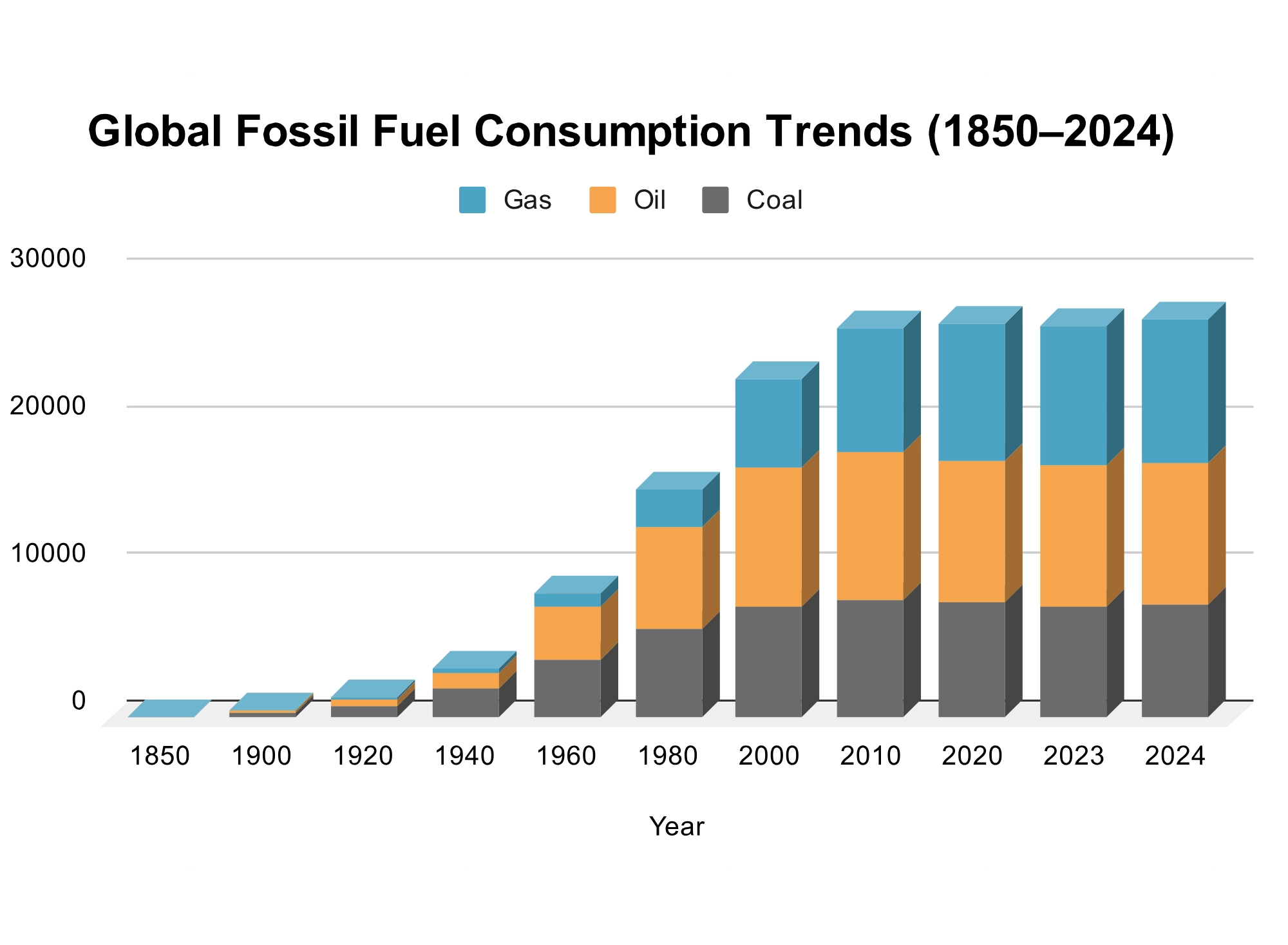
Our World in Data reported that global fossil fuel consumption continues to increase. In 2024, natural gas consumption reached 41,278 TWh, crude oil consumption reached 55,292 TWh, and coal consumption reached 45,851 TWh. The country with the highest fossil energy consumption is the United States, with a consumption of 61,277 kWh.
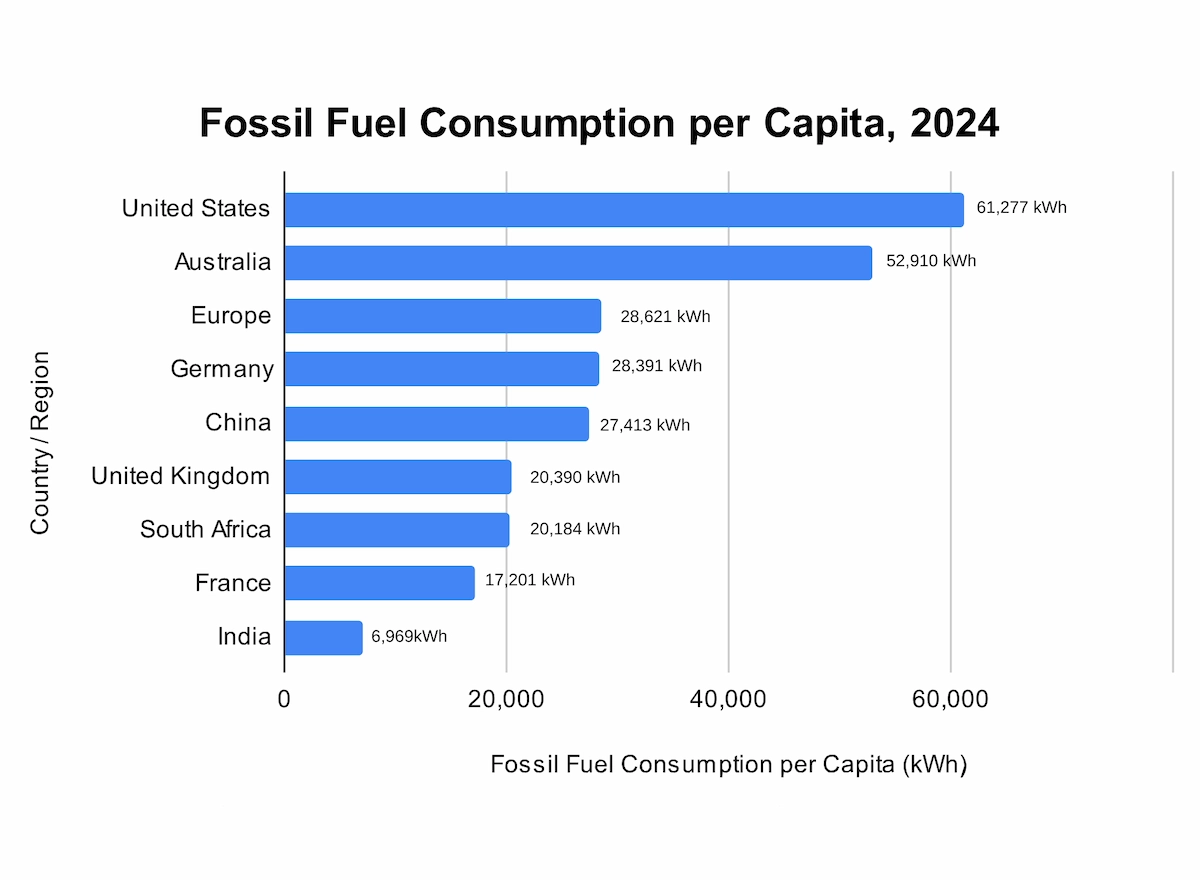
Read also: What Is Naphtha? Properties, Functions, & How to Process It
How Are Fossil Fuels Created?
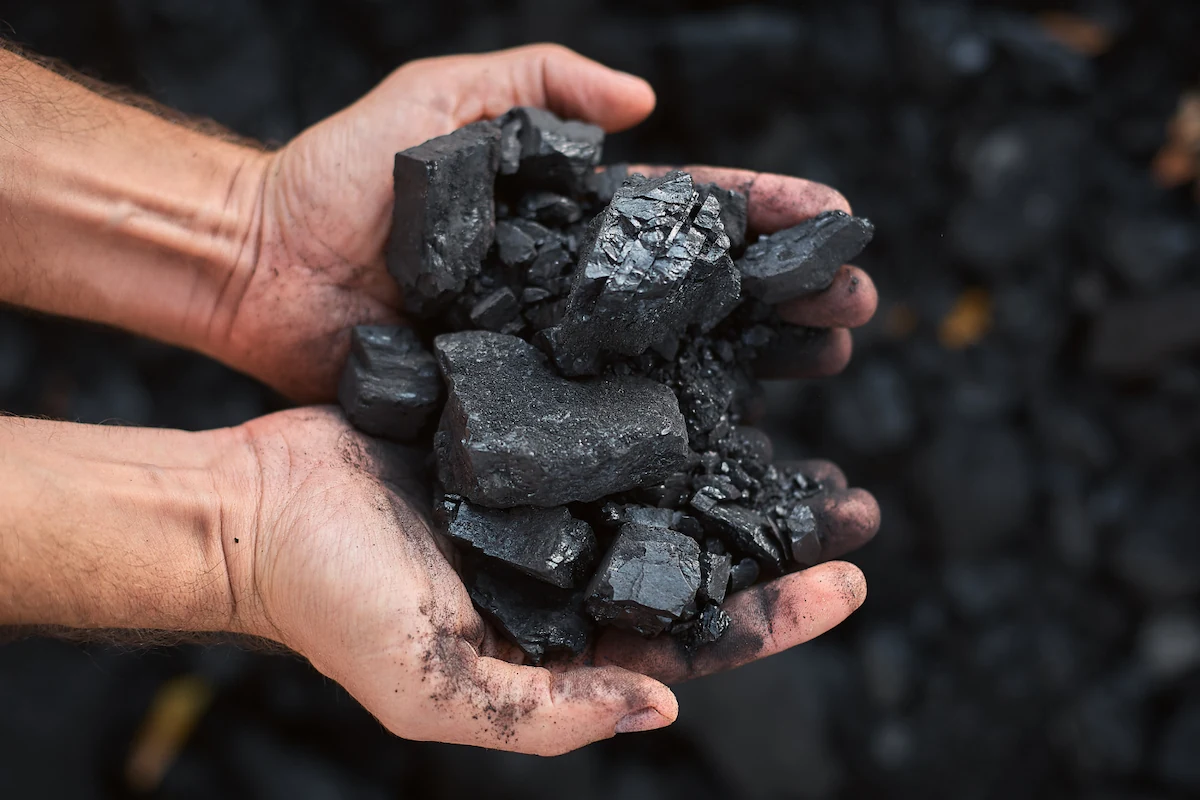
As explained previously, fossil fuels come from the remains of living creatures that have been fossilized on Earth for millions of years. Then, how are fossil fuels created? Here is the complete information:
1. Organic Sedimentation
The dead creatures will be buried in mud, minerals, and sand. Then, it will undergo anaerobic decomposition (without oxygen). In this phase, anaerobic microorganisms and bacteria will decompose animals and plants.
2. Kerogen Emergence
The buried animals and plants will undergo chemical changes due to pressure and heat that have been happening for millions of years. It turns creatures into kerogen, which is an organic material found in rocks. It becomes the initial form of fossil fuels.
3. Conversion of Kerogen into Fossil Energy
Kerogen that has been continuously exposed to heat and pressure on Earth for millions of years will turn into gaseous or liquid hydrocarbons. At temperatures of 60–120 degrees Celsius, kerogen will turn into petroleum.
After that, when the temperature continues to rise to over 150 degrees Celsius, kerogen will turn into natural gas. On the other hand, coal will form from fossilized plants.
Plants buried for millions of years will turn into peat, then lignite (a soft, dark brown mineral that is highly flammable), and finally bituminous coal (coal with the highest calorific value).
Advantages of Fossil Fuels
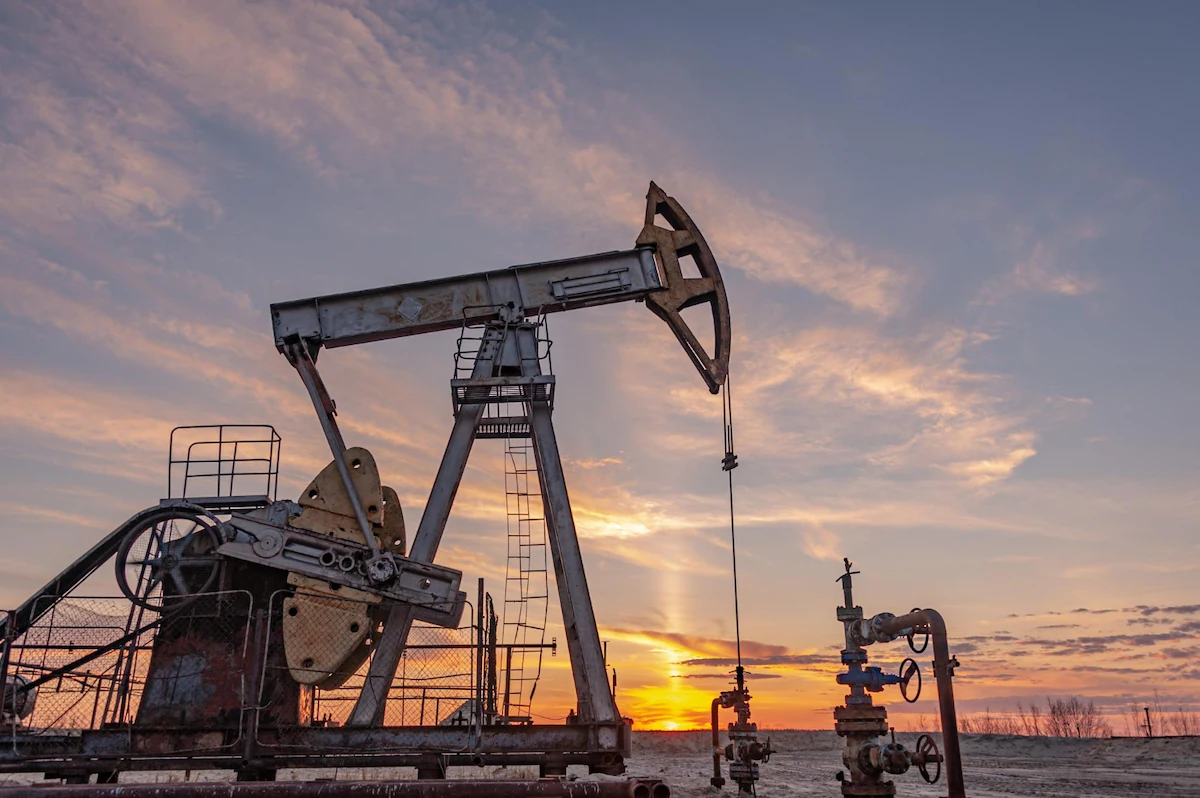
Fossil fuels have a crucial role in humans’ lives, especially as an energy source. Here are the benefits of fossil fuels you should know:
1. High Energy Capacity
Fossil energy can release a significant amount of energy because fossil fuels are highly dense. As a result, you can use it for various purposes, such as household fuels, power plants, and vehicle fuels.
2. Available in Large Quantities
Fossil fuels, including petroleum, coal, and natural gas, are available worldwide, with a particular abundance in Indonesia. In fact, fossil energy extraction technology is increasingly sophisticated, making the process more efficient.
3. Variative Uses
This energy is not only beneficial for fuels but also for several industries, such as the manufacturing of plastics and machine fuels. This shows that fossil fuels have a wide range of uses and can contribute to global economic growth.
4. Adequate Infrastructure
Humans continue to develop infrastructure for extracting, processing, and transporting fossil fuels. Fossil fuel infrastructure includes power plants, oil tankers, pipelines, and oil refineries. Adequate infrastructure certainly makes the fossil fuel processing process more efficient.
Read also: 7 Benefits of Natural Gas for Households and Industries
Disadvantages of Fossil Fuels
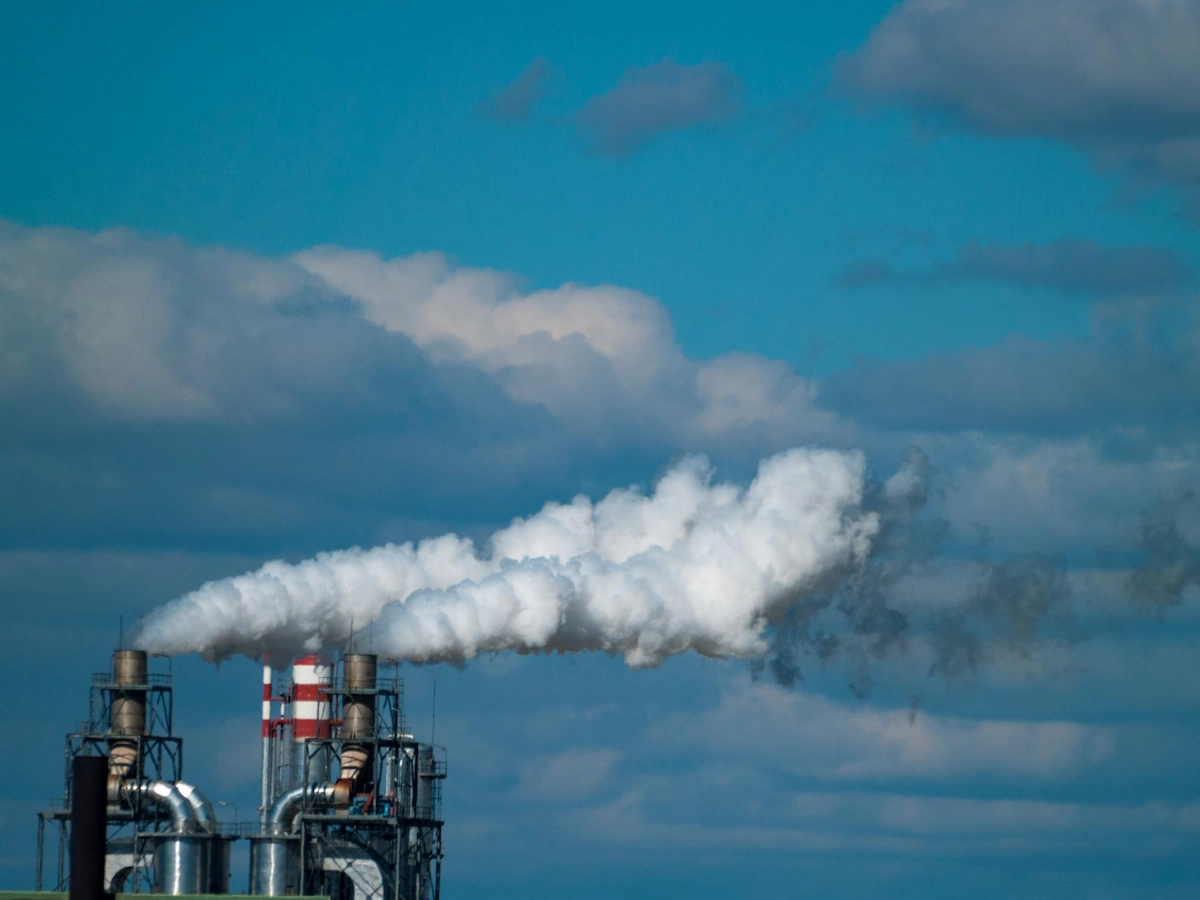
Despite having advantages for humans, fossil fuels also have some disadvantages, such as:
1. Non-Renewable Energy
Although abundant, fossil fuels are still considered a non-renewable energy source. This implies that they could run out at any time and are difficult to restore (it takes millions of years for fossils to form again).
Therefore, we must immediately find alternative energy sources to replace fossil fuels if they become extinct in the future.
2. Energy Safety Potential
Fossil fuels are highly flammable, so their processing must be closely monitored and follow established standards. Explosions caused by errors in the processing of fossil fuels may damage not only the environment but also worker safety.
In addition, dependence on fossil fuel imports also has the potential to become a source of geographical and political conflict. The price of oil is also greatly affected by the geopolitical conditions of major countries.
For example, a study published in the journal Energy Economics shows that improved relations between the United States and China, along with increased geopolitical risks in both countries, have led to a rise in global oil prices.
3. Climate Change
The combustion of fossil fuels produces greenhouse gas emissions, such as nitrogen oxides, carbon dioxide, and methane. These emissions trap heat in the Earth's atmosphere, leading to global warming and climate change. If global warming is not addressed immediately, it can affect the environment and human health.
That concludes the information about fossil fuels. Fossil fuels are indeed beneficial for human life. However, fossil fuels must be used wisely and supplemented with renewable energy to ensure a sustainable supply.
Furthermore, combustion contributes to global warming due to the carbon emissions produced, indicating that solutions to global warming must be implemented to maintain the Earth's condition.
Regarding global warming solutions, Chandra Asri Group, as a chemical, energy, and infrastructure solution company, has a series of programs to reduce the impact of global warming, such as:
- Supporting Net Zero Emission with the ABCD Strategy (Abate, Balance, Control, and Decarbonize).
- Using green technologies, such as forklifts and electric buses.
- Using an Enclosed Ground Flare to reduce noise, smoke, light emissions, and heat.
- Initiating emission management to keep it within the limits.
- And other programs.
Read also: Oil Refinery: Definition, Processes, and Its Functions
.png&w=3840&q=75)